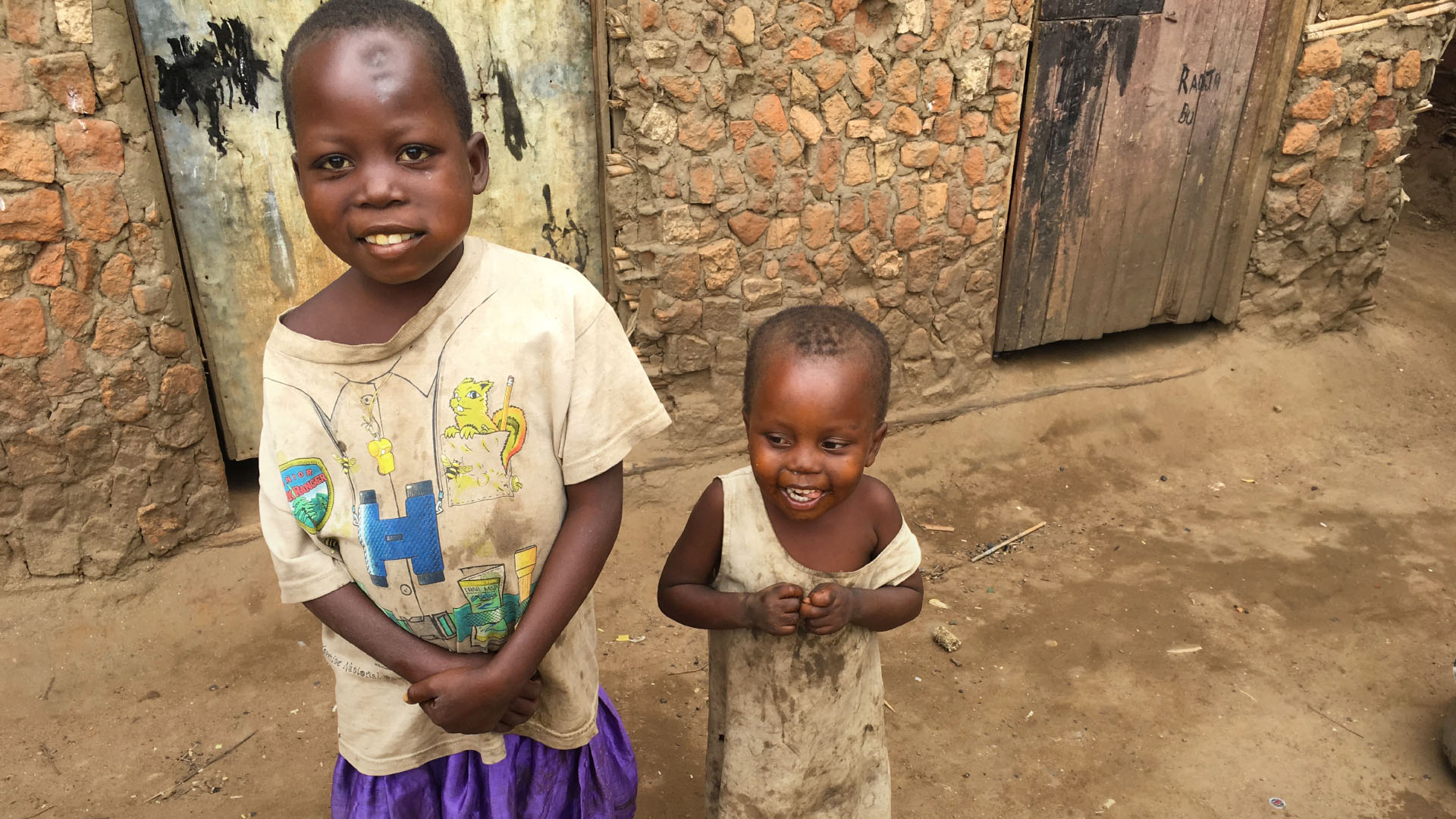One bishop has helped bring a wave of change to his city with discussion about new ways to approach problems.
Bishop Emile helps to manage and disciple the leaders of 50 churches in and around the city of Ngozi in Burundi. He also personally leads a church of about 1,500 members.
When he first met with World Challenge workers, he was intrigued by the approach to God’s Word as a transformative force for people’s everyday choices and lives. He took careful note of the biblical concepts behind the lessons, then he decided to adopt this wholistic ministry for his church.
Soon after, he headed out to the pastors he ministered to and shared this vision of whole-life ministry. His passion was to see all the churches apply this mindset and empower their congregations to see God’s blessings.
Becoming a Living Blessing
To put his own faith into practice, Bishop Emile rented a large piece of land for cultivating fruit trees. The ultimate aim was to give his church body one avenue to provide for poorer members who ran short on food some months.
The area has experienced significant issues with malnutrition and children being sick from not having enough food at home. Most of the neighborhood diseases are preventable with better nutrition and education about health needs.
Bishop Emile aims to change this.
When World Challenge trainers visited recently, they saw flourishing crops of beans and bananas for food, along with coffee for a cash-crop. About 10 believers share the land in turns and tend the gardens for those poorer families who are already working at full capacity.
In the short time since they began this project, they’ve attracted the attention of seven non-Christian neighbors who have started helping with their farming venture.
Several more church members planted avocado trees in their housing compounds, and others have started raising pigs and a cow.
The elders conducted some market research and realized the town had a strong demand for medicine and reliable medical help. They decided to open a pharmacy that would also generate a little income for the church.
Building Up the Community
Bishop Emile’s church formed a committee to discuss how their ventures are working and community issues they hope to address in the future.
One problem they’ve noted is the cultural treatment of women, particularly those who have lost their husband. Traditionally, widows have no safeguards once their spouse is gone. Their children are strongly urged to cast them off, and they receive no money or inheritance to help them survive.
Even if a pastor dies, his wife typically has no security in the church and is forced to leave the parsonage because general society views widows as “cursed.”
Moving families away from such entrenched cultural views will take time, so meanwhile the church is looking at starting business classes and saving groups for women who want to generate their own income.
Working together and showing biblical principles in action, they hope to bring healing and God’s view of people’s value to the community.
